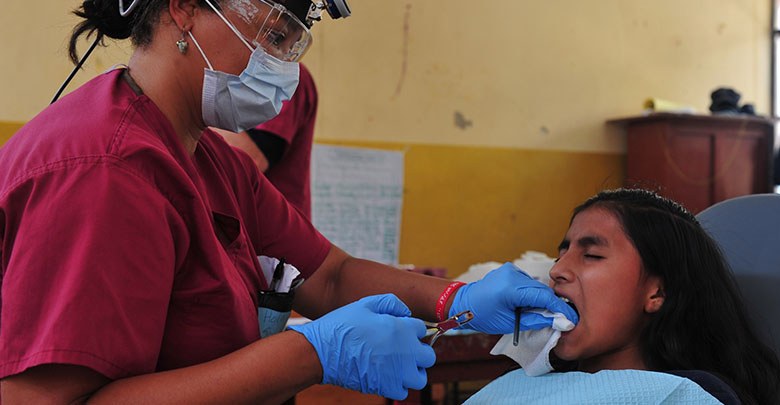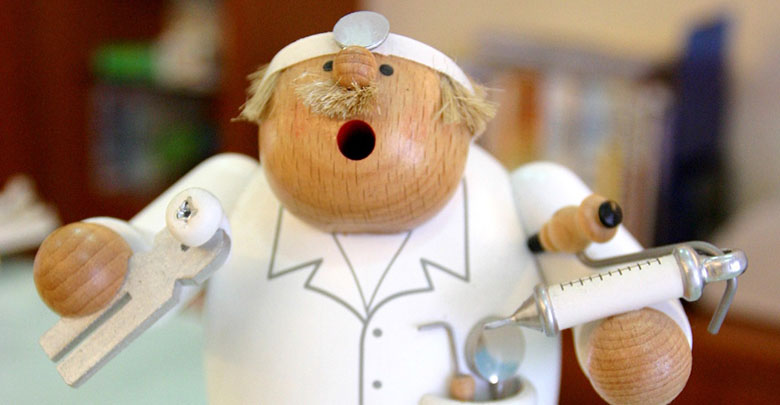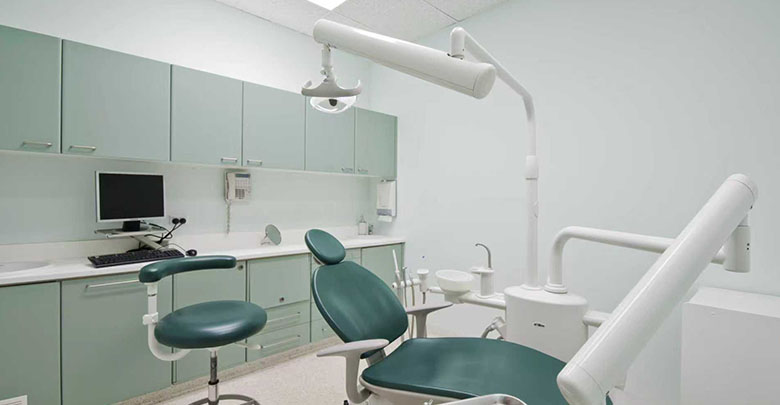
Just hearing the words “wisdom teeth” can make you cringe, right? For a lot of people, it makes them think of scary, painful times at the dentist. But most of that fear is just from not knowing what’s going to happen. This guide will explain everything, so you can feel less scared and more ready.
Table des matières
What Are Wisdom Teeth Anyway?
Wisdom teeth, whose real name is ‘third molars’, are the very last teeth you get. They usually come in between ages 17 and 25. That’s a time when you’re supposed to be getting smarter, which is how they got their name.
Why Are They Such a Problem?
A long, long time ago, people ate much tougher food, like raw meat, chewy plants, and hard roots. They needed big, strong jaws and extra teeth for all that chewing.
Over time, our food got softer. We didn’t need such big jaws anymore. At the same time, our brains got bigger, so our skulls changed and our jaws got smaller. So what happened? Now there’s just not enough space in our mouths for those last teeth to grow in right. When there’s no room, problems happen:
- Stuck Wisdom Teeth: These are the ones that get stuck under your gums or in your jaw bone. Sometimes they can’t come out all the way, or they can’t come out at all. They can grow in weird ways—sideways, crooked, or even upside down.
- Growing in at the Wrong Angle: A wisdom tooth might push on the tooth next to it. This can give the other tooth a cavity, hurt its roots, or make all your other teeth crowded and crooked.
- Pericoronitis (That Annoying Gum Flap): When a wisdom tooth only comes out a little bit, a little flap of gum is left over it. Food and germs get stuck in there. This can cause a painful infection called pericoronitis that keeps coming back. Your face gets swollen, it hurts a lot, and it’s hard to open your mouth.
Because of these problems, taking out wisdom teeth is a common way to stop trouble before it starts, or to fix it.

The Big Question – Should They Be Pulled?
Not all wisdom teeth are bad. Your dentist is the one who should decide if they need to come out, after checking your mouth and looking at your x-rays.
Reasons to Get Them Pulled:
- Infections that keep happening (Pericoronitis): If that gum flap gets infected over and over.
- Hurting the tooth next to it: If it’s causing cavities or other damage.
- Cysts: Sometimes a little bubble of liquid can form around a stuck tooth. This can hurt your jaw bone.
- For Braces: To make room for your teeth to get straight, or to stop them from getting crooked again after braces.
- No tooth to bite against: If a top wisdom tooth grows in but there’s no bottom one, it can grow too long and mess up your bite.
- Making Teeth Crooked: Many dentists think wisdom teeth can be one reason why your front teeth get crowded.
- To Keep Your Jaw Strong: A wisdom tooth growing sideways makes your jaw weaker right there, so it’s easier to break if you get hit.
Reasons You Might Not Need Them Pulled:
- They grew in all the way, are straight, and they work fine.
- They are totally stuck in your jaw bone, not touching any other teeth, and aren’t causing any trouble. (Your dentist will still want to check on them with x-rays every year).
- They can be used to replace a missing tooth. If your second molar is gone, sometimes a dentist can move the wisdom tooth into the empty spot.
In the end, it’s a decision you and your dentist make together, using what they know and what’s best for you.
The Big Day – What to Expect
Being scared of getting wisdom teeth out is normal. But let’s explain what happens so it’s not so scary.
Before Your Appointment:
- Find a Good Doctor: Go to a good dentist’s office. You want a doctor who has done this a lot, so there’s less chance of problems.
- Be Honest with Your Doctor: Tell your doctor about any health problems you have. Don’t hide anything.
- Pick a Good Day: Plan it for a day you feel good. For women, it’s best not to do it during your period.
- What to Eat: Eat something before so you don’t get dizzy. And it’s a good idea to buy soft foods like yogurt and soup for after.
- Getting Yourself Ready: Brush your teeth really well before you go. Wear comfy clothes.

What Happens During the Surgery:
Knowing what’s coming makes it less scary.
- Getting Numb: First, the doctor will give you numbing medicine. You’ll feel them working, maybe some pressure, but it won’t hurt. So don’t worry about pain during it.
- Getting Clean: They’ll clean around your mouth and put a clean cloth over you.
- Making a Cut: For stuck teeth, the doctor will make a little cut in your gums and might have to move a tiny bit of bone out of the way.
- Breaking the Tooth: If the tooth is hard to get out, the doctor might break it into small pieces to get it out easier. This actually makes it easier on you.
- Taking it Out: After the tooth is out, they will clean out the hole to get any little bits out.
- Closing it Up: Last, they’ll sew the cut closed with a few stitches and have you bite on some cotton to stop the bleeding.
The whole thing can take a few minutes or up to an hour, depending on how hard the tooth is to get out. Just try to chill out, breathe, and listen to your doctor.
Healing Up: What to Do After
Taking care of yourself after is super important. It helps you heal fast and not have problems.
- First 1-2 Days: Put an ice pack on your face to help with swelling and pain. Take the pain pills your doctor gave you. Don’t talk too much and don’t do any sports or heavy lifting. Eat cold, soft foods.
- Days 3-4: You can start eating warm, soft foods.
- After the Stitches are Out (around day 5-7): You can slowly start eating normal food again. But don’t eat spicy stuff or chew hard food on that side for a while.
- Watch Out for Dry Socket: If you get really bad pain that spreads after 2-3 days, and the pain pills don’t work, you could have a “dry socket.” You might also have a bad taste or smell. Call your dentist right away.
Make sure you do everything your dentist tells you!
The Takeaway
Wisdom teeth aren’t as scary as they sound. If your dentist says they need to come out to keep your mouth healthy, just go ahead and make the appointment.
Yeah, it can be a little scary, and it will be sore for a little while. But that’s nothing compared to the long-term pain and problems a bad wisdom tooth can give you. A little bit of soreness for a few days doesn’t sound so bad, right?
